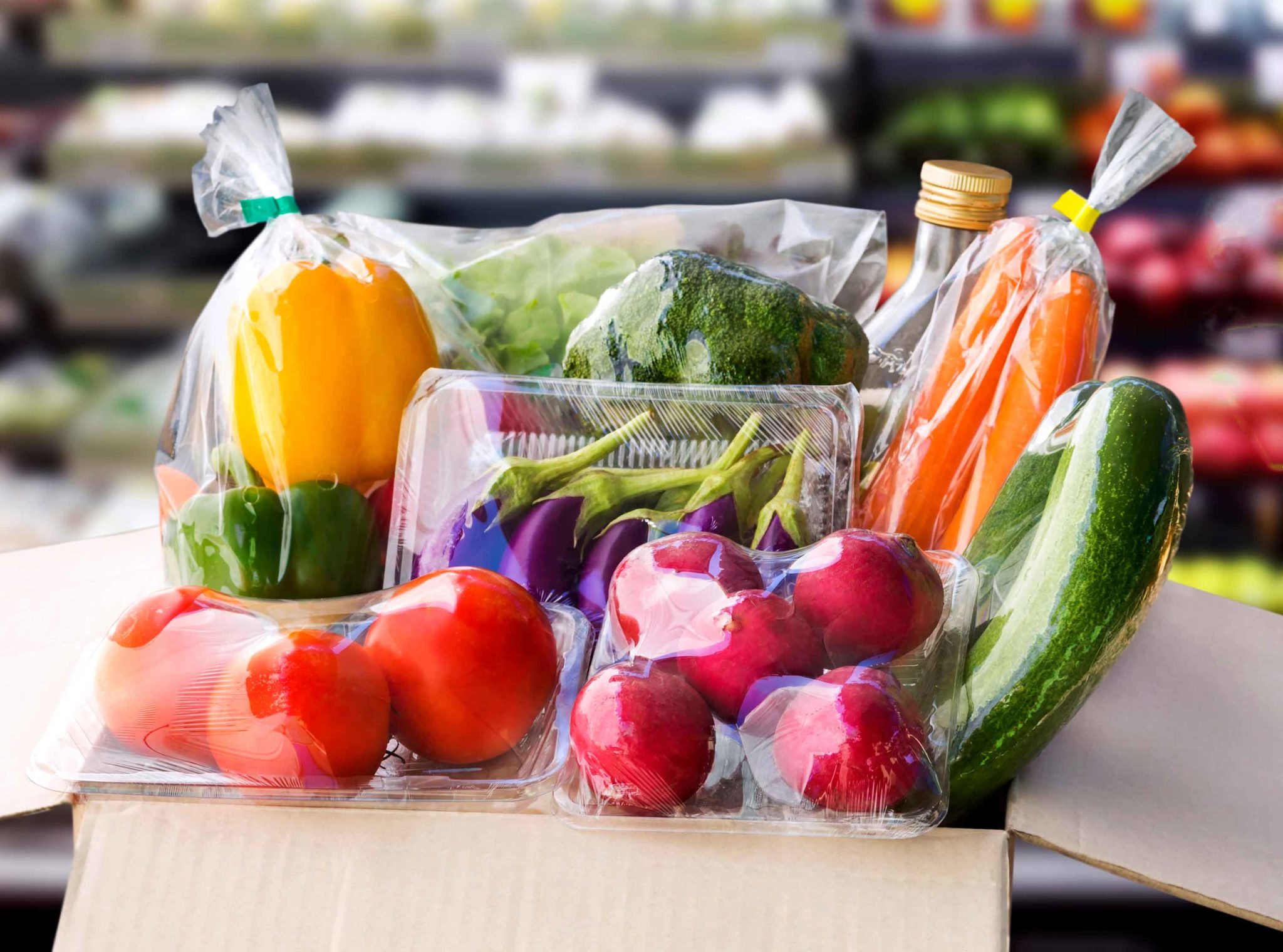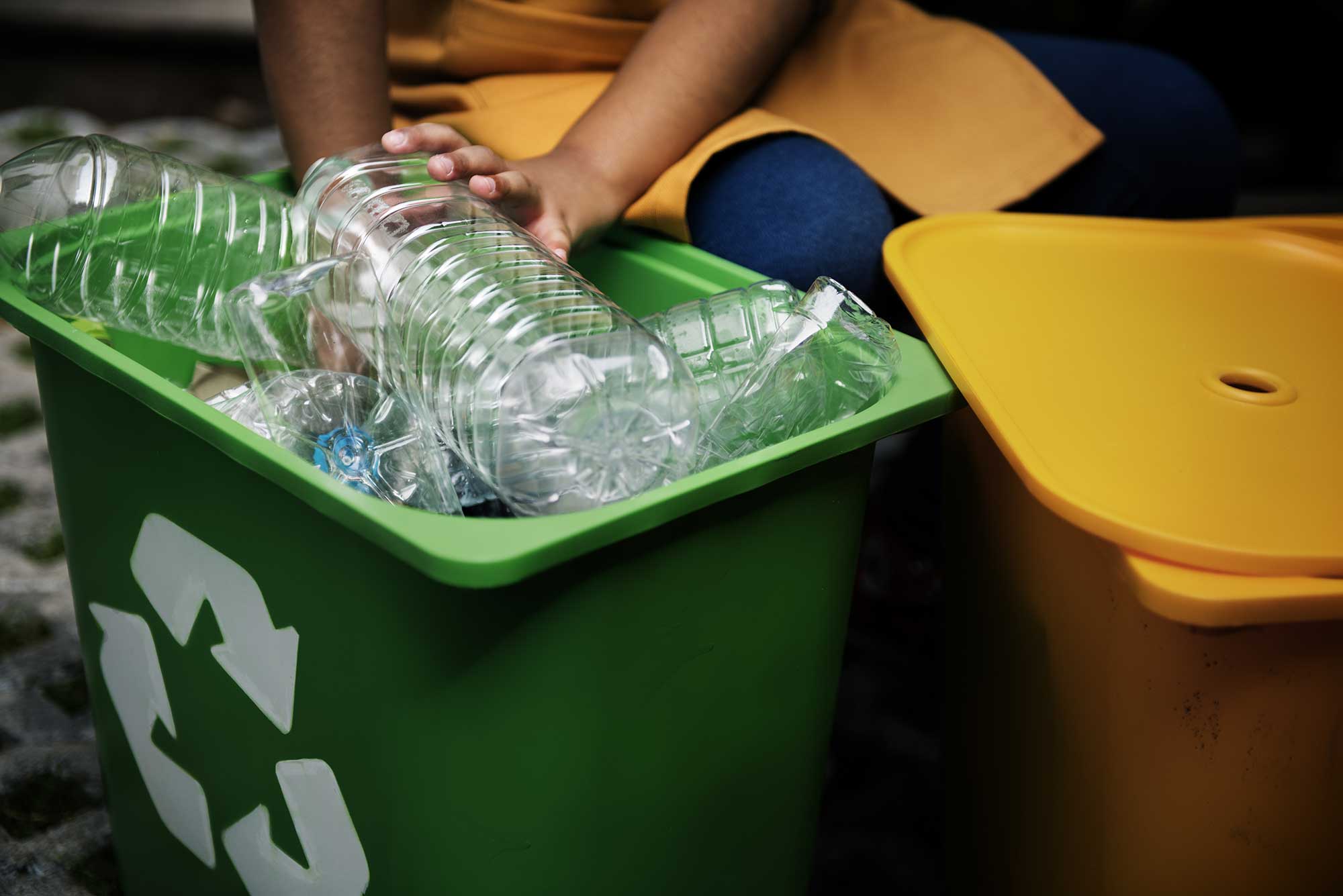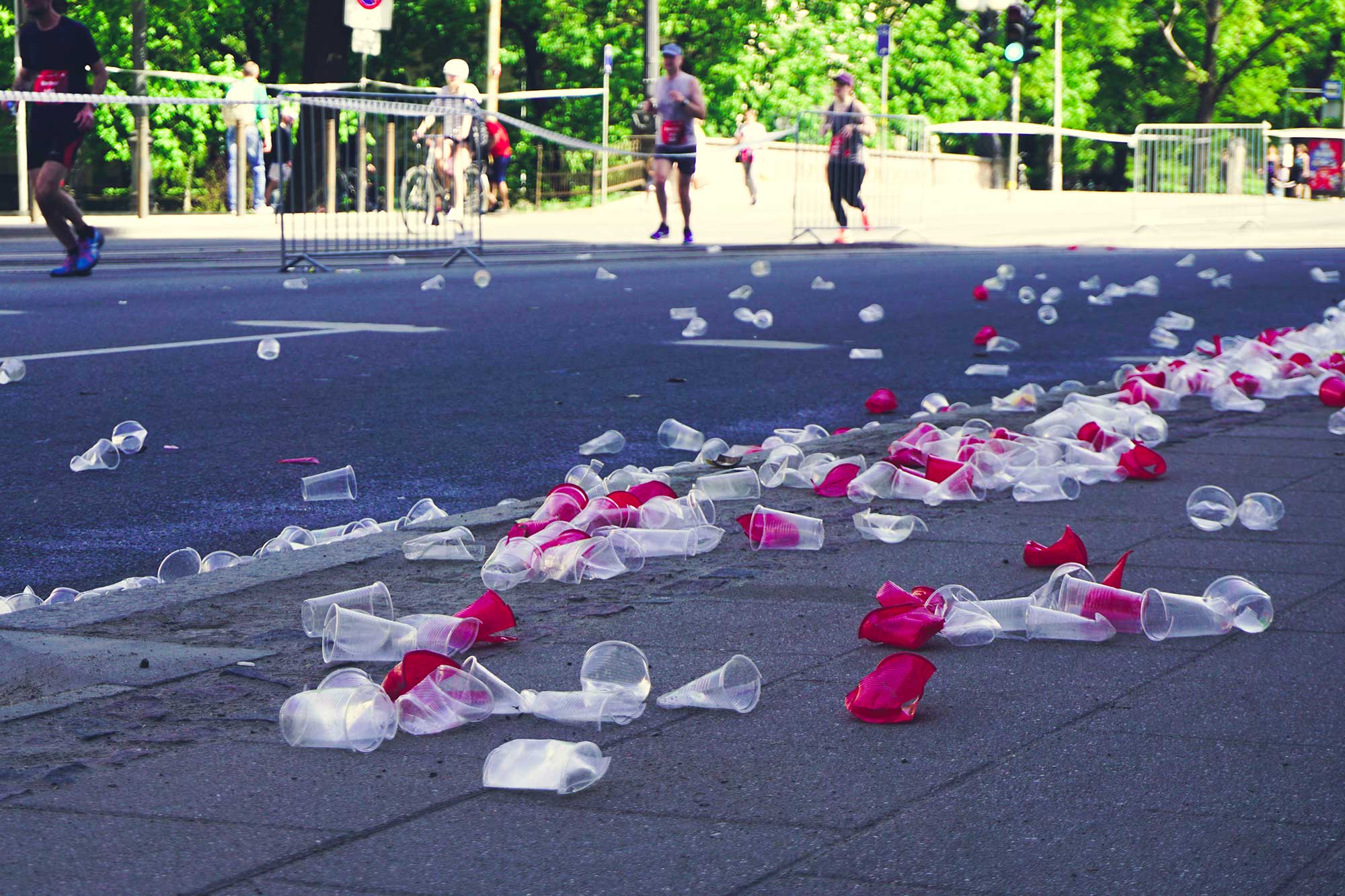European member states agreed that more plastic packaging has to be recycled in 2030 – 50% compared to 30% now – and should be converted into higher value products than currently. Furthermore, in 2021 the European Single Use Plastics (SUP) Directive will ban a number of plastic products for single use. This political momentum offers the opportunity to improve the design of bio-based plastic products and the related value chains.
Three pathways to consider
The Horizon 2020 BIOVOICES project organises meetings in 11 countries with companies, consumers, policy makers and researchers to speed up the market uptake of bio-based applications. In the Netherlands, Wageningen Research has organised two meetings with the Centre of Expertise Biobased Economy CoE BBE, the Dutch Rubber and Plastics Industry NRK, Biobased Delta and Flanders Biobased Valley to discuss how waste processors, bio-based producers, brand-owners and other applicants, policy makers and consumers can realise a better circular management of bio-based packaging. There are three pathways they can follow:
- More recycling of bio-based plastics
- More composting of bio-based degradable plastics
- More re-use of bio-based plastics
Bio-based materials such as non-biodegradable bio-PET and bio-PE bottles that are form-fixed products (3D), can be sorted out together with fossil PET and PP in separate streams for recycling or re-use. Bio-degradable bio-PLA food packaging can be form-fixed or films. Although the form-fixed packaging is potentially recyclable, this will not occur as long as its volume is too small for a mono-stream. Bio-PLA films can be composted industrially in 12 weeks (EN13432). Another option is to allow specific bio-PLA films rotting away in the green bin at home. Re-use of bio-based plastics requires more closed loops to take them back.
More cooperation in the waste chain is needed
NRK and Plastics Europe want more cooperation in the waste chain, because the control of this is spread over many actors. The supplier of the packaged goods is not in charge of the recycling flows and leaves it to other parties, such as waste processors, producers, policy makers and consumers.
Waste processors consider bio-PET and bio-PE good to recycle but cannot compost bio-degradable PLA packaging in their standard timeframe of between 2 and 4 weeks. According to the producers, bio-PLA offers multiple end-of-life options such as take-back programmes for reuse of material. Brand-owners emphasise recycling of plastic packaging, but also promote bio-degradable packaging. Therefore, they plead for reuse and recycling where possible if the volume of the mono-streams is big enough or if Near Infrared (NIR) techniques can help to sort out the 3D bio-PLA.
If recycling of tea bags, coffee capsules, vegetables and fruit films etc. is difficult to realise, the European Bioplastics prefers bio-degradable packaging in contact with organic waste to be deposited in the green bin for rotting and thus to be excluded from the SUP. Bio-degradable plastic bags are also useful for home composting, because they encourage the collection of vegetables and fruit in the green bin.
Festivals, events and other catering can create large mono-streams
During the BIOVOICES meetings in Breda and Gent participants mentioned many places where big quantities of mono-streams can be created and collected. Examples are festivals, events, theme parks, restaurants, and other catering. Festivals have a lot of plastic mono-streams, which are beneficial for processing. They try to connect actors in the waste chain with composting machines that speed up the biological degradation process of disposables and packaging through a bacterial culture. Furthermore, they may connect parties for a return-cup concept at a festival with a return programme.
Policy makers choose a variety of measures
In the Netherlands, the Ministry of Infrastructure and Water Management is implementing the European SUP directive. Measures vary and include regulation (ban on single use plastics), making producers responsible for use and recycling, and economic incentives (deposit, tax). Deposits on small plastic PET bottles and cans will be extended to more products if voluntary systems for return fail. Municipalities do not have clear control in the collection of waste by citizens and sorting it out by market parties. Currently this leads to different practices: if some municipalities separate plastics in advance and others do this afterwards, this confuses citizens about how they should dispose of their plastic waste.
Consumers want to contribute, but need help
More cooperation also includes consumers. There is a great awareness about people’s contribution to the environmental impact of the Plastic Soup. However, lack of coherent information on the meaning of the terms ‘bio-based’ and ‘bio-degradable’ leads to confusion among consumers, such as about where to leave the packaging. During the meetings it has been proposed to simplify the system of waste management and to reduce the number of logos. Comprehensibility for primary school kids should be the criterion to simplify the system. Good unambiguous labelling of the collection of bio-based plastics is still desired in Europe. On the other hand, some producers consider it too difficult to realise good separation in advance by consumers and suggest focusing at better sorting techniques afterwards with NIR systems.
Recyclability and bio-degradability lead to a willingness to pay a bit more for a product, but not to the decision to buy the product. Consumers attach more value to post-consumption (reduce, reuse and recycle) than to the origin of the material (bio- or fossil-based). Environmental organisations want an expansion of deposits on cans and small bottles and try to prevent unnecessary packaging. As long as insufficient bio-degradation is not addressed in the composting plants, they do not encourage its use. During the meetings it has also been concluded that for more re-use and recycling of bio-based plastics, it is important to include price incentives to make these plastics cheaper than virgin plastics. Furthermore, more information and communication about re-use options, and nudges to make re-use easy instead of throwing plastics away are necessary.







